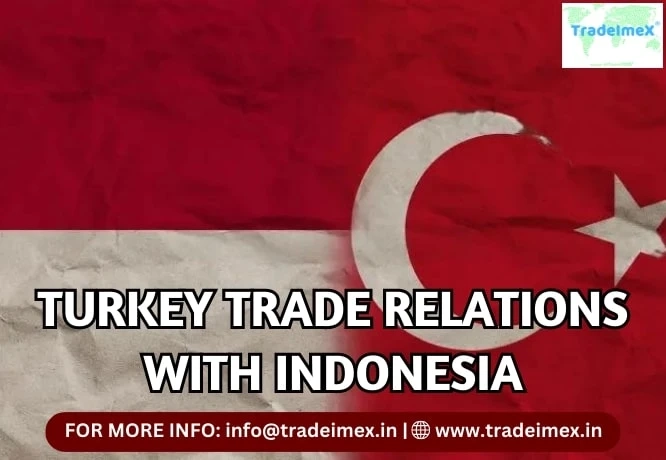TURKEY TRADE RELATIONS WITH INDONESIA
INTRODUCTIONTurkey and Indonesia, two diverse nations separated by vast distances and distinct cultures, have managed to foster a robust trade relationship that benefits both economies. ...


INTRODUCTIONTurkey and Indonesia, two diverse nations separated by vast distances and distinct cultures, have managed to foster a robust trade relationship that benefits both economies. ...

